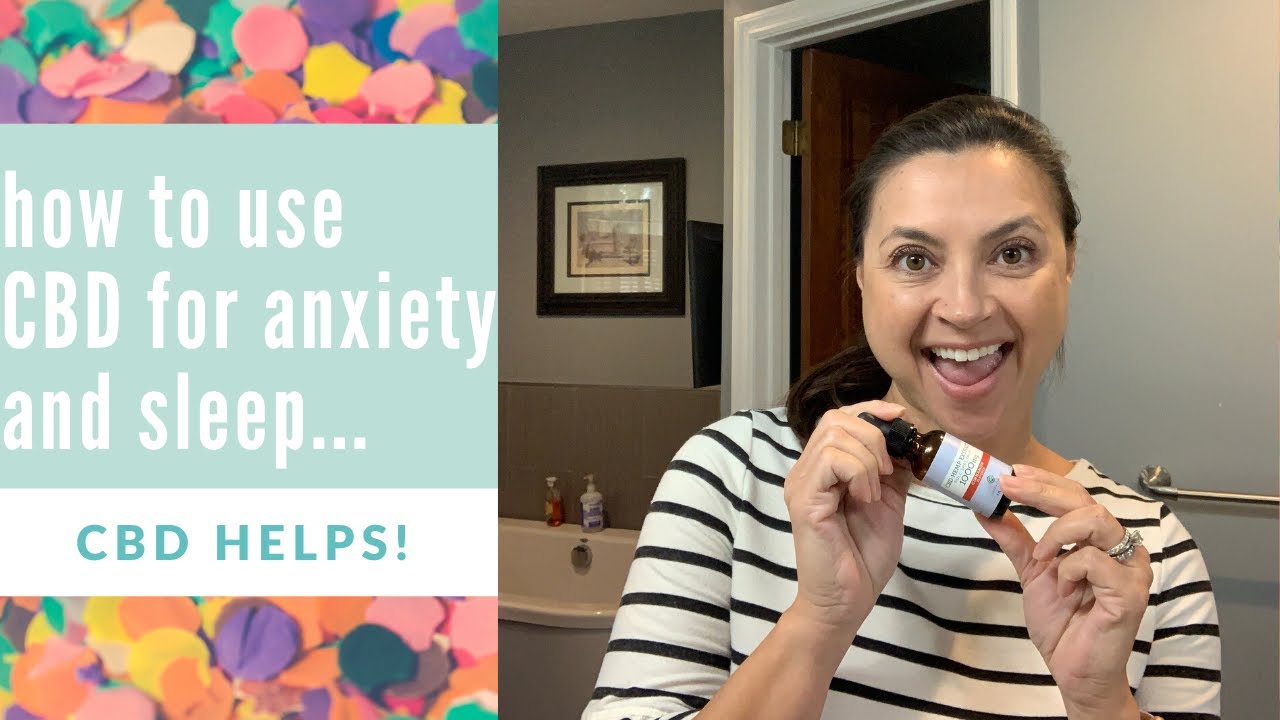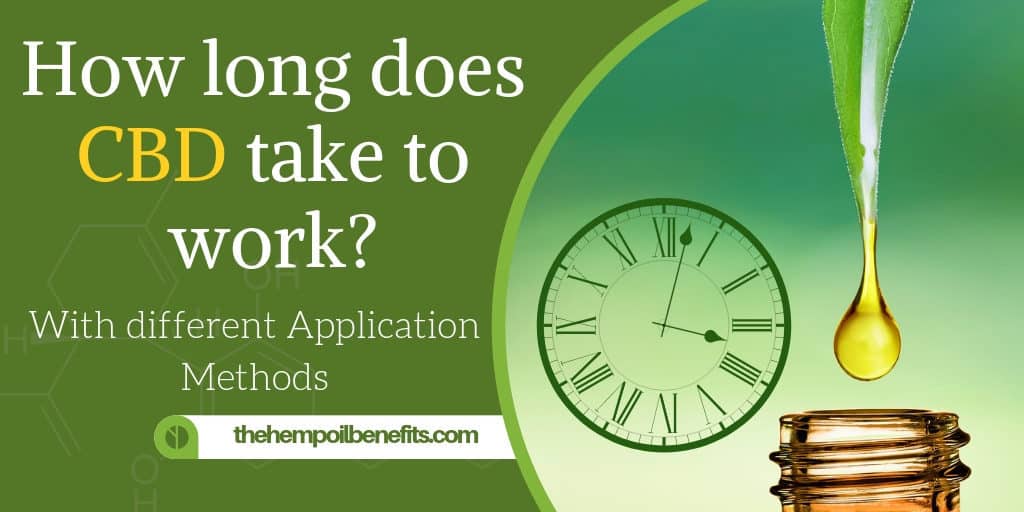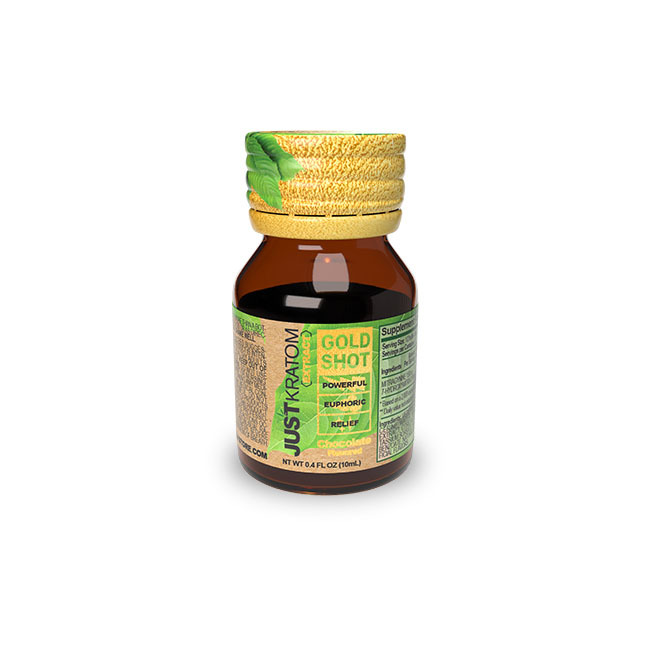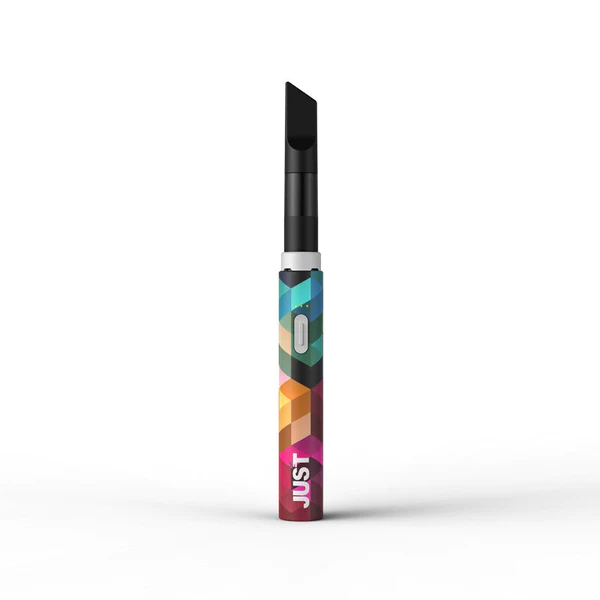Introduction
Anxiety is a common mental health condition that affects millions of people worldwide. Many individuals seek natural remedies to manage their anxiety symptoms, and CBD (cannabidiol) has gained significant attention for its potential therapeutic effects. In this comprehensive guide, we will explore the use of CBD for anxiety, including its potential benefits, methods of consumption, dosage considerations, and the scientific evidence supporting its use. We will also discuss important factors to consider and provide practical tips for those interested in incorporating CBD into their anxiety management strategies.
Understanding Anxiety
- What is Anxiety? – Define anxiety, its common symptoms, and the impact it can have on daily life.
- Conventional Treatments – Provide an overview of traditional approaches to anxiety management, including therapy and medication.
CBD and Anxiety
- What is CBD? – Explain the basics of CBD, its non-intoxicating properties, and its natural origin from hemp or cannabis plants.
- CBD vs. THC – Highlight the differences between CBD and THC (tetrahydrocannabinol), emphasizing that CBD does not produce the psychoactive effects associated with THC.
- How Does CBD Work for Anxiety? – Discuss the potential mechanisms by which CBD may interact with the body’s endocannabinoid system and other receptors to alleviate anxiety symptoms.
Scientific Evidence and Research
- Preclinical Studies – Summarize animal studies that suggest CBD’s potential anxiolytic (anti-anxiety) effects.
- Human Studies – Explore clinical trials and research studies investigating the use of CBD for anxiety disorders, including generalized anxiety disorder (GAD), social anxiety disorder (SAD), and post-traumatic stress disorder (PTSD).
- Limitations and Future Research – Discuss the current limitations of research in the field and the need for further studies to establish the efficacy and safety of CBD for anxiety.
Potential Benefits of CBD for Anxiety
- Anxiolytic Effects – Discuss how CBD may help reduce anxiety symptoms by promoting relaxation and a sense of calmness.
- Sleep Improvement – Explore how CBD’s potential sleep-enhancing properties may indirectly benefit individuals with anxiety who struggle with sleep disturbances.
- Stress Reduction – Highlight CBD’s potential stress-reducing effects and its impact on managing anxiety triggers.
Methods of CBD Consumption
- Sublingual Consumption – Explain the sublingual method of taking CBD oil drops under the tongue and its quick onset of effects.
- Oral Consumption – Discuss CBD capsules, edibles, and beverages, highlighting their convenience and slower onset of effects.
- Inhalation – Explain vaporizing CBD oil or smoking CBD-rich hemp flower, emphasizing the rapid onset of effects but the potential risks associated with lung health.
- Topical Application – Explore the use of CBD-infused creams, lotions, and balms for localized relief of anxiety-related muscle tension or discomfort.
Dosage Considerations
- Start Low and Go Slow – Advise beginners to start with a low CBD dosage and gradually increase as needed to assess individual tolerance and response.
- Finding the Optimal Dosage – Discuss the importance of finding the right CBD dosage based on factors such as body weight, metabolism, and the severity of anxiety symptoms.
- Consult with a Healthcare Professional – Emphasize the importance of consulting with a healthcare professional, especially for individuals with pre-existing medical conditions or those taking other medications.
Factors to Consider
- Product Quality and Transparency – Highlight the importance of choosing reputable CBD brands that prioritize quality, transparency, and third-party lab testing to ensure the potency and purity of their products.
- Legal Considerations – Discuss the legal status
of CBD in different regions and the importance of understanding the local regulations before purchasing or using CBD products.
- 3. Potential Side Effects – Address common side effects of CBD, such as dry mouth, drowsiness, and changes in appetite, and emphasize the need to monitor individual reactions to CBD.
- Drug Interactions – Highlight the importance of discussing CBD use with a healthcare professional, as CBD may interact with certain medications.
Incorporating CBD into Anxiety Management
- Holistic Approach – Encourage readers to view CBD as one component of a comprehensive anxiety management plan that includes lifestyle changes, therapy, and self-care practices.
- Mindfulness and Meditation – Discuss the potential synergy between CBD and mindfulness or meditation practices in promoting relaxation and reducing anxiety.
- Healthy Lifestyle Habits – Highlight the importance of adopting healthy lifestyle habits such as regular exercise, balanced nutrition, and adequate sleep to support overall mental well-being.
- Therapy and Support – Emphasize the value of therapy, support groups, or counseling services in managing anxiety, and discuss how CBD may complement these interventions.
Personal Experiences and Testimonials
- Anecdotal Accounts – Share personal stories and testimonials from individuals who have used CBD for anxiety and their experiences with its effects.
- Varied Responses – Acknowledge that individual responses to CBD may vary, and what works for one person may not work the same for another.
Frequently Asked Questions (FAQs)
- Address common questions and concerns related to CBD and anxiety, including its potential for addiction, long-term effects, and the difference between full-spectrum and isolate CBD products.
Conclusion:
CBD shows promise as a potential natural remedy for managing anxiety symptoms, but it is important to approach its use with caution and in conjunction with professional guidance. While scientific research on CBD’s effects on anxiety is still emerging, the existing evidence suggests its potential benefits. Individuals interested in using CBD for anxiety should consult with a healthcare professional, start with low doses, monitor their individual response, and consider it as part of a holistic approach to anxiety management. CBD should not be seen as a standalone solution but rather as a complementary tool to support overall mental well-being. Remember that everyone’s experience with CBD is unique, and it may require some experimentation to find the most effective approach for individual needs.





